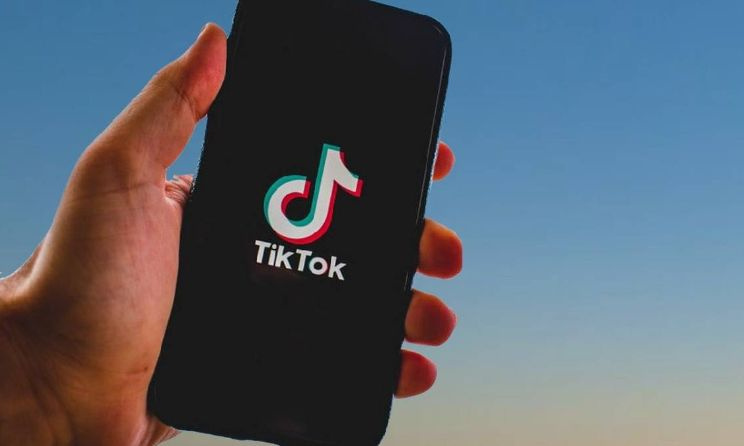US lawmakers approve bill pushing for sell of TikTok
American lawmakers have officially approved a bill that would compel ByteDance to sell off TikTok.
 Many industry experts say TikTok’s many regulatory troubles do not bode well for many African musicians.
Many industry experts say TikTok’s many regulatory troubles do not bode well for many African musicians.
Titled Protecting Americans from Foreign Adversary Controlled Applications Act, the legislation was presented to the House Energy and Commerce Committee during a mark-up meeting on 7 March where it sailed through and will head to a floor vote this week.
The bill aims to prohibit TikTok from US app stores unless the social media platform delinks itself from its parent company, ByteDance.
It could also lead to a nationwide ban against TikTok on all electronic devices, renewing lawmakers’ challenge to one of the world’s most popular social media apps, used by roughly 170 million Americans, over fears that it’s being used as a spying tool by the Chinese government.
According to CNN, if enacted, the bill would give ByteDance 165 days to sell TikTok. If not divested by that date, it would be illegal for app store operators such as Apple and Google to make it available for download. The bill also contemplates similar prohibitions for other apps “controlled by foreign adversary companies.”
Washington’s 5th congressional district representative Cathy McMorris Rodgers, who chairs the House Energy and Commerce Committee, has been critical of TikTok, writing 5 March on X: “At our hearing last year with the CEO of TikTok, we saw a company that was repeatedly caught lying about its relationship with ByteDance and the Chinese Communist Party.
“It confirmed our worst fears – that applications controlled by foreign adversaries, like TikTok, are exploiting and weaponising American’s data and pose a clear national security threat to the United States.
“I look forward to the House Energy and Commerce Committee's hearing and mark-up to discuss bipartisan legislation that takes decisive action to protect Americans and prevent foreign adversaries, such as China, from surveilling and manipulating the American people through online applications like TikTok.”
The 12-page bill defines TikTok as “a foreign adversary controlled application.”
According to Digital Music News, TikTok has admitted to storing user data in China, where the Communist Party allegedly possesses backdoor access to the sensitive information.
“The act says adversary-controlled apps would effectively be outlawed at the app-store and web-hosting levels alike in the US, with massive per-user penalties in place for related violations,” Digital Music News said. “The legislation calls for the parent companies of affected apps to hand over all the available data to users who request the information during a pre-ban window.
“Impacted businesses, especially the Beijing-headquartered ByteDance, would have until this window’s conclusion to execute a ‘qualified divestiture’ – thereby avoiding the far-reaching penalties described in the Protecting Americans from Foreign Adversary Controlled Applications Act.
The bill represents one of many pieces of legislation targeting TikTok via a divestment requirement and/or a compelled cessation of operations, including an EU investigation over its impact on minors.
TikTok is already banned on government devices and networks in a number of countries, states and cities.
Many industry experts believe TikTok’s many regulatory troubles do not bode well for many African musicians.
According to the latest TikTok Music Impact Report, users have a propensity for discovering and sharing new music content on the app than other similar platforms.
The report adds that in the US, TikTok users are twice likely to discover music on the platform compared to the average user of similar apps, making it a primary marketing tool for African genres like Afrobeats and amapiano that are gaining traction in North America.
On 31 January, Universal Music Group's (UMG) pulled down its catalogue from the platform, marking the end of a global licensing deal that began three years ago. The removal included about 3 million recorded music tracks and approximately 4 million songs represented by UMG in publishing rights.
Music In Africa editor Gabriel Myers Hansen believes that if TikTok’s woes persist it would pose a threat to the growth and exposure of African artists, potentially limiting revenue streams in a music royalty system that generally only functions effectively in the digital space. There’s also the looming disruption of a vital channel for music promotion and the shackling of future hits within TikTok’s unique ecosystem.





























Comments
Log in or register to post comments